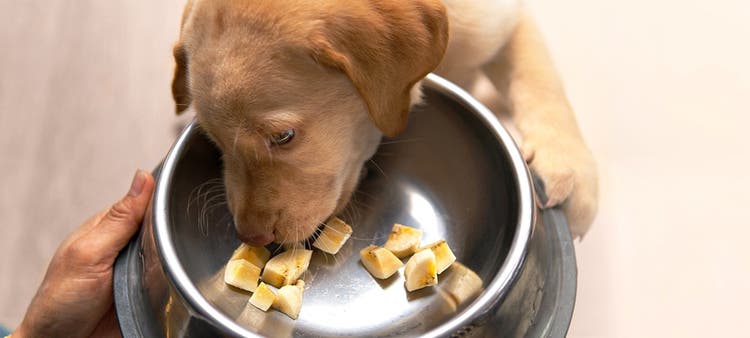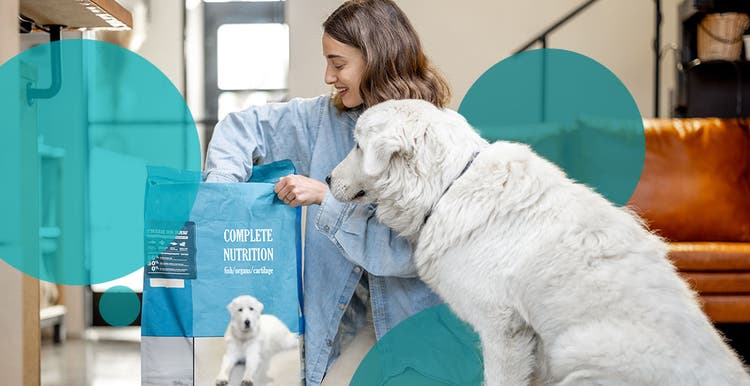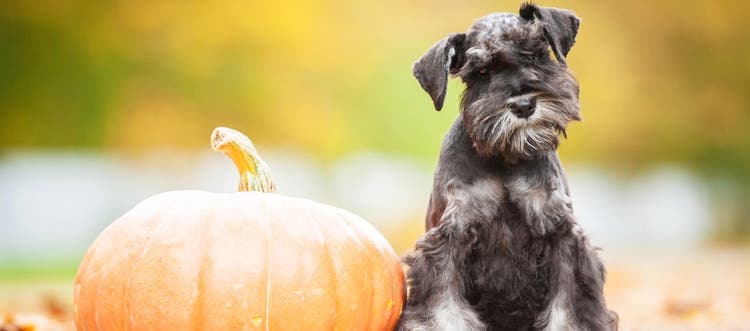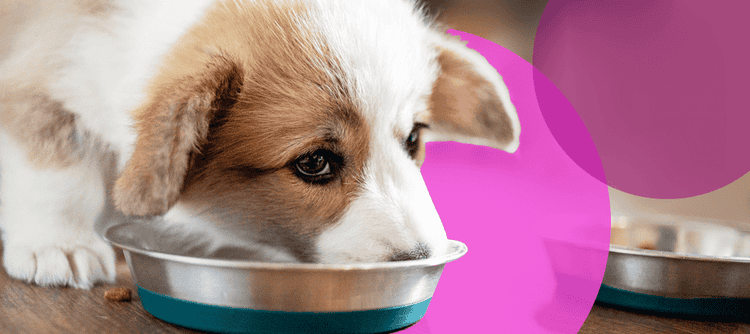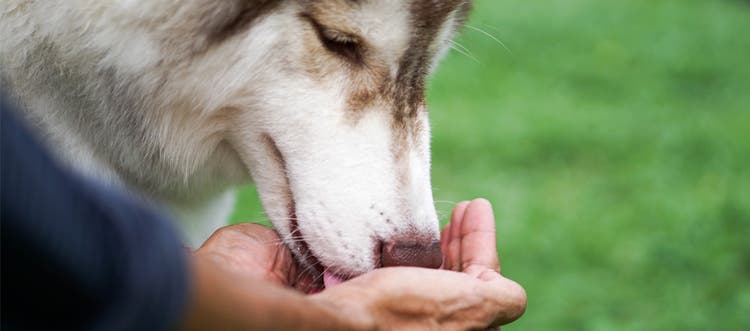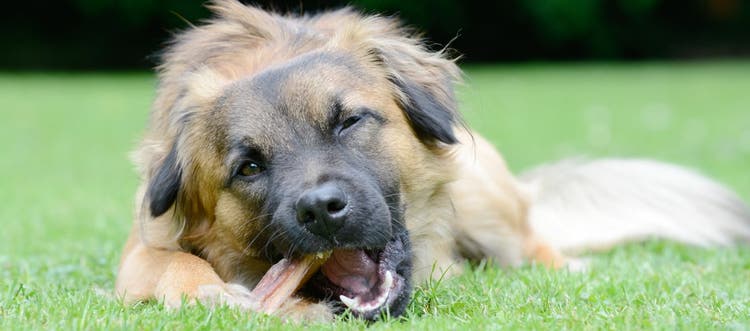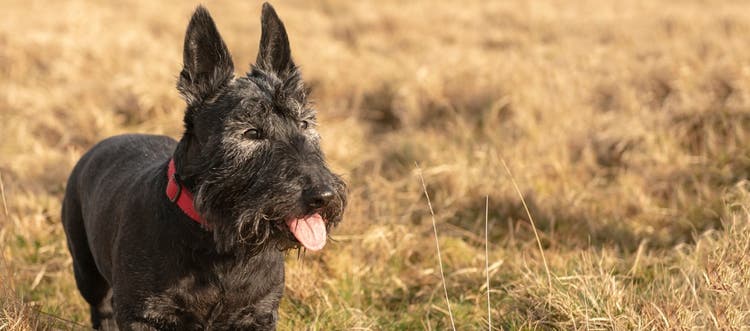Learn about the dangers of grapes for dogs.
Grapes are a sweet and healthy snack for humans, so it’s tempting to share some with your dog. But grapes can be highly toxic to dogs, and even just a small amount can make your pet very sick if consumed.
Learn more about what to do if your dog accidentally eats a grape.
Why Are Grapes Dangerous for Dogs?
Grapes contain a toxin that can cause kidney failure in dogs when eaten. This includes cooked, dried, seeded, seedless and peeled grapes of all colors. Grape-based products like grape juice and wine are also dangerous, as sugar and alcohol can make your dog sick. While grape toxicity varies from case to case, most issues arise when a dog eats a large amount of grapes; however, some cases have been reported in dogs that ingested as few as four or five grapes.
To prevent your dog from eating grapes, keep them in covered containers while you’re eating them and store them out of your dog’s reach. Make sure to monitor children eating grapes around your dog and instruct them not to share them with your dog.
What Are the Symptoms of Grape Poisoning in Dogs?
After your dog eats a grape, you will notice some symptoms of grape toxicity, usually within six to 12 hours. These symptoms include:
- Vomiting
- Diarrhea
- Abdominal pain
- Lethargy
- Low or no appetite
Without treatment, your dog may develop more serious symptoms within 12 to 24 hours, including:
- Difficulty urinating or urinating more frequently
- Dehydration
- Loss of coordination or stumbling
In some cases, grape toxicity can lead to kidney failure, which can be fatal.
What Do I Do If My Dog Ate a Grape?
Contact your veterinarian as soon as possible. It’s very important for your dog to receive prompt care because there is no antidote for grape poisoning in dogs. To treat canine grape toxicity, your veterinarian will induce vomiting to remove the grapes from your dog’s system.
After the induced vomiting, your vet will give your dog activated charcoal to counteract any remaining toxins in the system. Your dog may also require hospitalization for several days while your vet monitors their condition and administers intravenous fluids to flush out the kidneys.
Are Raisins Safe for Dogs?
Because raisins are simply dried grapes, your dog can’t eat those, either. In fact, any fresh or dried fruits from the Vitis vinifera plant — including grapes, sultanas, raisins and currants — are potentially toxic to dogs. This also means you should keep breads, cakes, protein bars, cereals, cookies and other products containing raisins away from your dog.
What Do I Do If My Dog Ate a Raisin?
Contact your vet right away. The care your pet will receive is the same as for eating a grape. Remember, it’s vital to get these fruits out of your dog’s system as quickly as possible after ingestion.
What Fruits and Vegetables Are Safe for Dogs?
Many fruits and vegetables can be healthy snacks for canines. In fact, including them in your dog’s diet is a great way to ensure they get extra fiber, vitamins and minerals. Pumpkin and boiled sweet potatoes are an excellent source of vitamin C, beta-carotene and vitamin B6. Best of all, you can use them as safe, healthy, low-calorie treats for your dog.
Just remember to feed your dog fruits and veggies without added sugar or sugar substitutes. Sugar isn’t good for dogs, and some sugar substitutes like xylitol are dangerous. Another way to reward your dog and to ensure they get ample nutrients is to give them a daily chew that tastes like a treat but contains plenty of vitamins and minerals.
While a number of fruits and vegetables can be a healthy snack for your pup, grapes and raisins should be kept out of reach as strictly "human food." It’s always a good idea to research if human foods are safe for dogs before feeding them to your pup to keep your pet feeling their best.
